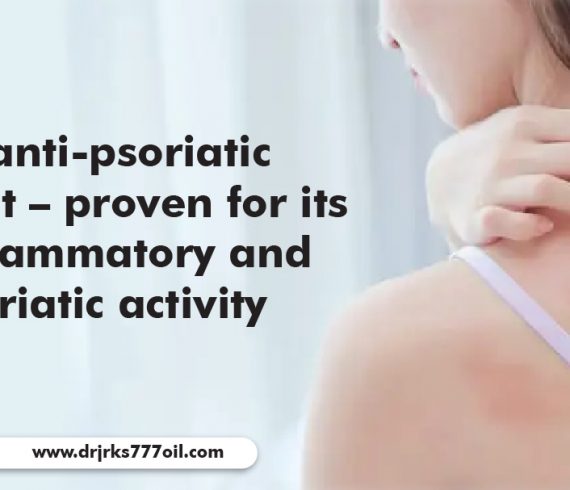

What is psoriasis?
Psoriasis is a widespread, chronic, immune-mediated skin condition characterized by red, scaly plaques caused by uncontrolled skin cell growth.
How is psoriasis diagnosed?
Psoriasis is clinically diagnosed. A skin biopsy can be considered when there is diagnostic uncertainty.
What are the side effects of chronic plaque psoriasis?
Approximately 7–42% of people with psoriasis develop psoriatic arthritis
Comorbidities associated with psoriasis include obesity, metabolic syndrome, cardiovascular disease, malignancy, autoimmune disease, chronic kidney disease, non-alcoholic fatty liver disease (NAFLD) , depression, and alcohol abuse.
Psoriasis associated conditions
Health conditions associated with psoriasis include psoriatic arthritis, sleep disturbance, and depression. Treatment for these may help skin disease.
Because of the link between psoriasis and metabolic syndrome, weight loss, smoking cessation, moderate alcohol consumption, and blood pressure control may all contribute to skin improvement.
What can be done?
Try to prevent triggers
Minimize factors that aggravate or trigger psoriasis, such as stress, throat infections, and certain medications.
Sun exposure
Sun exposure may help many people get rid of their psoriasis.
Baths
Soaking in warm water helps soften and lift the scale of psoriatic plaques. Soaps with high levels of moisturising ingredients aid in the removal of psoriatic scales.

Treatment options available
Emollients
The use of emollients and moisturisers on a regular basis softens psoriasis and provides moisture to the skin. This helps to reduce dryness, scaling, and inflammation.

Keratolytic agents
Keratolytic agents can be useful to reduce the thick scale.
Topical steroids
Topical steroids are safe and relatively easy to use for plaque psoriasis, scalp psoriasis, flexural psoriasis ,sebopsoriasis and psoriasis affecting the palms and soles.

Vitamin D-like compounds
Vitamin D-like compounds for psoriasis include calcipotriol,
- They are applied once or twice daily.
- They reduce the thickness and scaling of plaques.
Ultraviolet treatment for psoriasis
The use of UV radiation to treat skin illnesses is known as phototherapy, and it can be quite helpful in the treatment of psoriasis. It is normally reserved for situations where topical therapy has been unsuccessful or if there is too much of the skin surface affected to adequately treat psoriasis with topical medications. It is delivered in cabinets at specialised centers, and a psoriasis treatment regimen typically consists of 2-3 treatments per week for 20–30 sessions.
UVB with a narrow wavelength
Narrowband ultraviolet B (UVB) (311–312 nm wavelengths) is also known as TL01 light therapy.
Narrowband UVB is particularly effective in thin chronic plaque psoriasis and guttate psoriasis.
One can achieve the remission stage with the aid of a well-designed treatment plan and consistent adherence to it. Even if the ailment cannot be totally cured, it is still possible to avoid and recover from the illness.
Dr.JRK’s has a safe, effective and herbal solutions for psoriasis without causing any side effects
A wide range of products curated to treat psoriasis including the ground-breaking Dr. JRK’s 777 oil, the psorolin B ointment, the psorolin medicated bathing bar, the psorolin oil and pesin & tablets. All these comprehend to provide complete solution to get faster relief from psoriasis at all stages.








